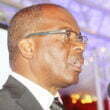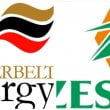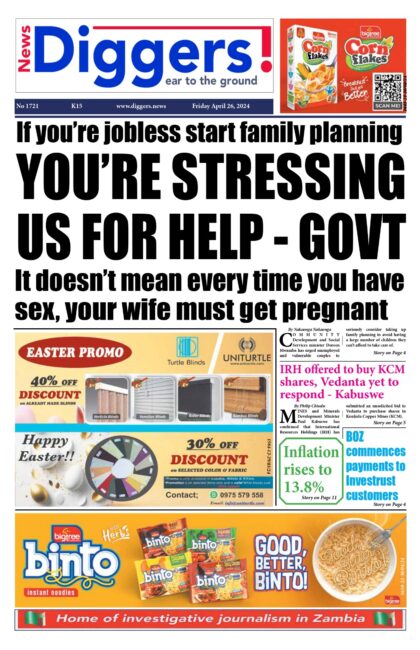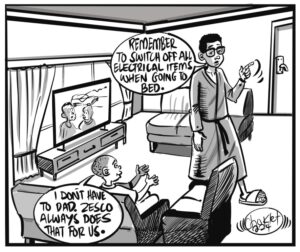Zesco’s still owes “Electricidade de Moçambique” (EDM) a debt of US$53 million for its export of electricity to Zambia during the power supply crisis, says Energy Minister Mathew Nkhuwa.
And Nkhuwa has insisted that power supply to Zambia had not been cut off despite the outstanding balance owed by the utility to EDM, adding that the contract between the two utilities just came to an end.
Meanwhile, MPs cheered on PF Roan member of parliament Chishimba Kambwili when he took Nkhuwa to task over the tariffs he claimed the mines were paying during the power crisis back in 2015.
Responding to questions from MPs in Parliament, Friday, Nkhuwa announced that Zesco still oweed EDM a debt of US $53 million for the importation of power from that country.
He also allayed speculation that the debt was accruing interest or penalties.
“The US $53 million is being dismantled by Zesco. This debt is not attracting any interest at all, it is a commercial debt that is between Zesco and EDM; EDM is an equivalent of Zesco in Zambia,” Nkhuwa said.
“We were purchasing 150 megawatts of power from EDM at a cost of US$0.14 per kilowatt-hour, and at the time, the mines were buying power at 8.4 cents per kilowatt-hour and domestic consumers were getting electricity at 6.6 cents per kilowatt-hour. So, you can see that, there was no profit that was made from this. It had to be subsidised by the government because we were in a crisis; this was emergency power, which was required to run the industry of the Republic of Zambia.”
And Nkhuwa shot down further claims that Zesco actually owed more than US $53 million.
When UPND Kalabo central MP, Chinga Miyutu, asked why government did not react to online media speculation that emerged last week on the amount outstanding being in the region of US$70 million, Nkhuwa said that the Ministry of Energy could not reply to online media.
“These stories circulating on social media, I don’t think my Ministry is ready to start responding to social media speculation! We will only answer to questions, or when the media asks me a question. For example, if ZNBC or Prime TV came to me and asked me a question, I would be able to give them a position of the government. But my Ministry is not going to respond to social media,” he replied.
And Nkhuwa insisted that power supply to the country had not been cut off despite the outstanding balance owed by the utility to EDM.
He boasted that Zambia had a power surplus of around 650 megawatts and that government was looking to sell some of that excess power to export markets.
“I stated earlier on that, Zambia has got enough power, we have got excess power of 650 megawatts, and we are trying to find somewhere we can sell this power. And EDM has never ever suspended power supply to Zambia; the contract just came to an end because the contract was for a period of time, and the period was exhausted,” Nkhuwa explained.
But Kambwili asked Nkhuwa why government was misleading the people on the applicable tariffs mining companies were paying during the power crisis that hit the country in 2015.
Kambwili alluded to a site visit when he, and former energy minister, David Mabumba went to Konkola Copper Mines (KCM).
At this juncture, however, Deputy Speaker of the House, Catherine Namugala, asked Nkhuwa whether he was still consulting his colleague, as the House erupted in a crescendo of cheers.
“Hon. Kambwili referred to Hon. [David] Mabumba as being party and he has denied that, he doesn’t know anything about that. Therefore, the tariffs that we were charging are as I indicated earlier,” Nkhuwa responded.
Earlier, PF Kabwe Central lawmaker, Tutwa Ngulube, questioned Nkhuwa whether government would revise power tariffs downwards in view of the power surplus, and the minister refused, but added that there was a possibility.
“I did talk about the power supply we get from Independent Power Producers (IPPs) and that, it’s costing us 10.5 cents per kilowatt-hour. And that we are selling power to the domestic consumers at 6.6 cents per kilowatt-hour. Therefore, it wouldn’t make business sense to reduce, but we will engage the power producers because there are more power producers that are coming on the market,” replied Nkhuwa.












